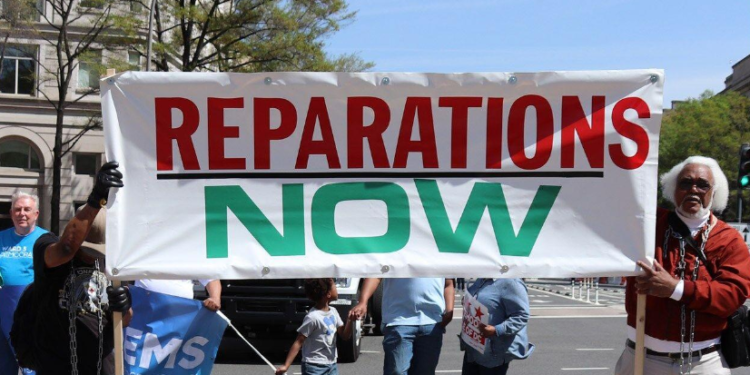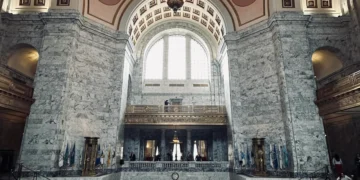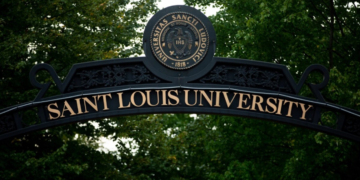Sep 14, 2024 Story by: Editor
New York lawmakers have passed legislation to examine the city’s role in slavery and explore reparations for descendants of enslaved people. If signed by Mayor Eric Adams, the bills would align New York with other U.S. municipalities addressing the nation’s history of slavery, alongside a state commission already working on the issue.
New York officially abolished slavery in 1827, but businesses, including some early versions of modern banks, likely benefited from the slave trade until 1866. The lawmakers behind the bills argue that the lasting effects of slavery continue to harm Black Americans today.
“The reparations movement is often misunderstood as merely a call for compensation,” Council Member Farah Louis, a Democrat who sponsored one of the bills, told the City Council. She highlighted ongoing systemic issues like redlining, environmental racism, and underfunded services in predominantly Black neighborhoods.
The legislation, which still requires Mayor Adams’ approval, is aimed at addressing historical injustices. In a statement, City Hall described the bills as “another crucial step towards addressing systemic inequities, fostering reconciliation, and creating a more just and equitable future for all New Yorkers.”
The bills direct the city’s Commission on Racial Equity to recommend remedies for the legacy of slavery, including reparations. It also proposes a truth and reconciliation process to establish historical facts about slavery in the state. Additionally, one proposal calls for installing a sign on Wall Street to mark the site of New York’s first slave market, which operated from 1711 to 1762. While a marker was placed nearby in 2015, Public Advocate Jumaane D. Williams, who sponsored the legislation, noted that its location is inaccurate.
The commission’s work will complement efforts by the existing state commission, which held its first public meeting in July 2023. The state’s report is expected in early 2025, while the city’s commission would not be required to issue recommendations until 2027.
The creation of the city’s commission stems from a 2021 racial justice initiative launched by former Mayor Bill de Blasio. This initiative also recommended tracking the cost of living and amending the city charter to address both past and ongoing injustices.
“Your call and your ancestors’ call for reparations had not gone unheard,” said Linda Tigani, executive director of the racial equity commission, at a press conference before the council vote.
A financial analysis estimated that the studies related to the bills would cost $2.5 million.
New York joins other cities in considering reparations. Tulsa, Oklahoma, home to the 1921 massacre of Black residents, recently formed a similar commission. Evanston, Illinois, became the first U.S. city to offer reparations in 2021, with payments of $25,000 distributed to some Black residents in 2023, based on harm caused by discriminatory housing policies.
San Francisco approved a reparations plan earlier this year, but the mayor later cut the funds, arguing that the federal government should handle reparations. California also budgeted $12 million for a reparations program that aimed to help Black residents trace their ancestry, though the program was blocked in the state Legislature. Source: VOA

















